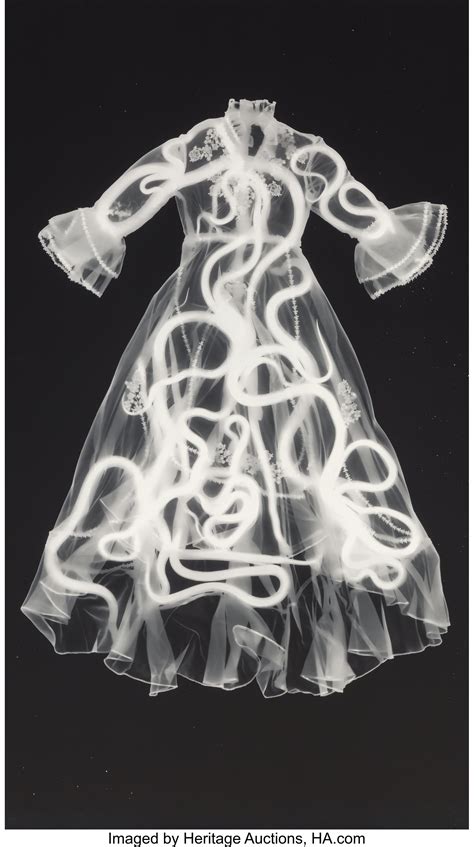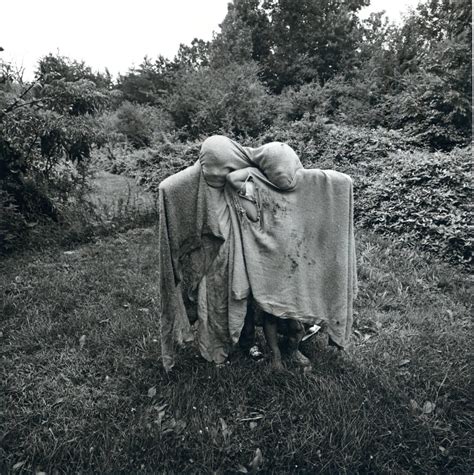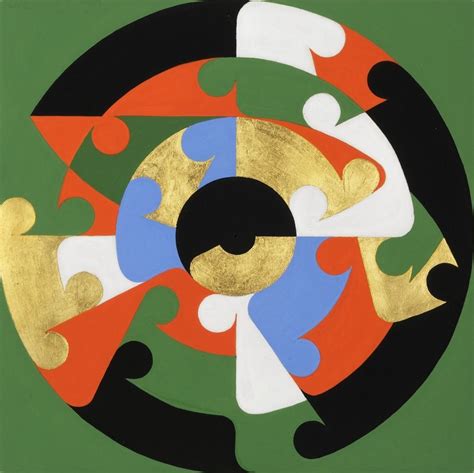A Quote by Laszlo Moholy-Nagy
In photography we possess an extraordinary instrument for reproduction. But photography is much more than that. Today it is [a method for bringing optically] some thing entirely new into the world.
Quote Topics
Related Quotes
Traditionally, photography has dealt with recording the world as it is found. Before photography appeared the fine artists of the time, the painters and sculptors, concerned themselves with rendering reality with as much likeness as their skill enabled. Photography, however, made artistic reality much more available, more quickly and on a much broader scale.
I was attracted to photography because it was technical, full of gadgets, and I was obsessed with science. But at some point around fifteen or sixteen, I had a sense that photography could provide a bridge from the world of science to the world of art, or image. Photography was a means of crossing into a new place I didn't know.
I didn't do well in high school, but I took photography, and I loved being able to capture moments. It led to more and more photography, and fashion was the angle into photography for me. It was incredible to see photographs by Irving Penn or Helmut Newton. I was really intrigued by that, and that's what led me to New York City.
Photography today is accomplishing a lofty mission in which every German should collaborate by buying a camera. The German people is ahead of every other in the technical domain and, thanks to its exceptional qualities, the small camera has conquered the whole world... Much is at stake here from the point of view of popular consumer goods and, furthermore, photography has a particularly important political role to play. (Addressing the Berlin Photography Fair, 1933)
The traditional difficulty of balancing the mechanical with the imaginative schools of photography still operates. In schools of photography meaningful art education is often lacking and on the strength of their technical ability alone students, deprived of a richer artistic training, are sent forth inculcated with the belief that they are creative photographers and artists. It is yet a fact that today, as in the past, the most inspiring and provocative works in photography come as much (and probably more) from those who are in the first place artists.
There is something abominable about cameras, because they possess the power to invent many worlds. As an artist who has been lost in this wilderness of mechanical reproduction for many years, I do not know which world to start with. I have seen fellow artists driven to the point of frenzy by photography.








































